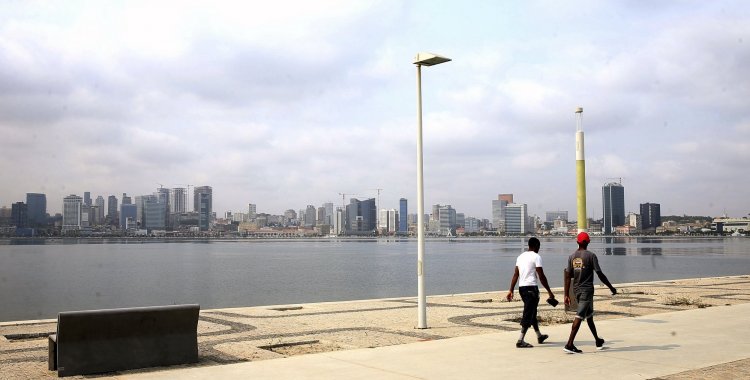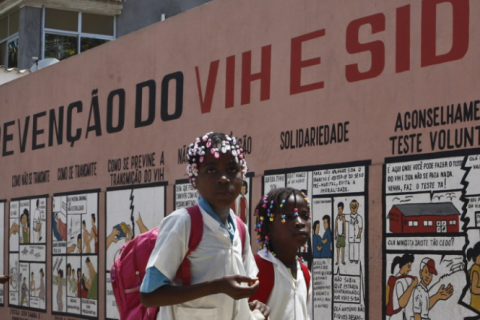"Angola is on the right track for a healthy recovery," said Luc Eyraud, head of the division responsible for producing the report on African economies, released last week in Washington, as part of the Annual Meetings of the International Monetary Fund (IMF) and the World Bank.
In an interview with Lusa, Luc Eyraud stressed, however, that "from now on, maintaining budgetary discipline will be critical to guarantee debt sustainability", which had a significant decline in the last two years, due not only to the agreements with the banks for the postponement of payments, but also the appreciation of the kwanza and economic recovery, making the debt-to-GDP ratio improve from 136.5 percent in 2020 to 86.4 percent last year, and 56 .6 percent this year, falling further in 2023 to 52.5 percent of GDP.
Asked about the progress of economic diversification, Luc Eyraud said that the "continuous structural reforms to boost the non-oil sector are crucial for these efforts", stressing that, even so, the oil sector has improved this year more than expected.
"The economy started to recover in 2021, supported by higher oil prices and the relaxation of containment measures, in addition to a recovery in the non-oil sector; for 2022, growth is expected to be more robust, despite some headwinds" , said the person in charge.
In an interview with Lusa, Luc Eyraud stressed that "oil production grew above expectations this year, which, together with higher oil prices, means less budgetary pressure, a significant strengthening of the external balance and an appreciation of the exchange rate that led to a slowdown in inflation, which still remains high".
The IMF has revised downward its growth forecast for sub-Saharan Africa, now estimating growth of 3.6 and 3.7 percent this year and next, with inflation rising to 14.4 percent.
“In sub-Saharan Africa, the growth outlook is slightly worse than the July forecast, with a decline from 4.7 percent in 2021 to 3.6 and 3.7 percent in 2022 and 2023, respectively, which represents downward revisions of 0.2 and 0.3 percentage points", reads the report on World Economic Forecasts, released this week as part of the IMF and World Bank Annual Meetings.
This downward revision "reflects lower growth in trading partners, tighter financial and monetary conditions and a negative change in the terms of trade in raw materials", add IMF economists, who estimate world growth at 3.2 percent this year, down 0.2 percentage points from the July forecast, and a slowdown to 2.7 percent in 2023.
For Angola, the most recent forecasts point to an expansion of 2.9 percent for this year, while in April the estimate pointed to growth of 3 percent.







